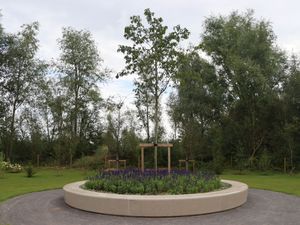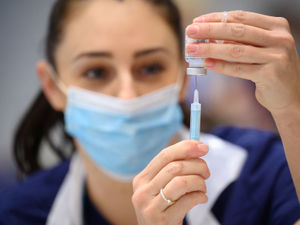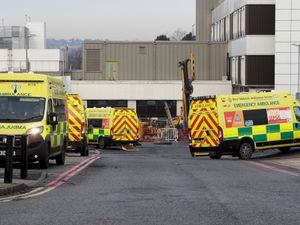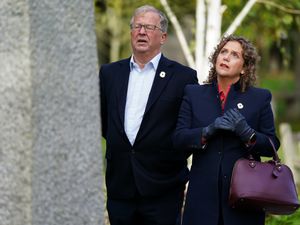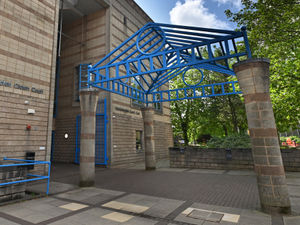South African strain of Covid found in Birmingham
The new South African variant of Covid has been discovered in parts of south Birmingham, the city council said today.
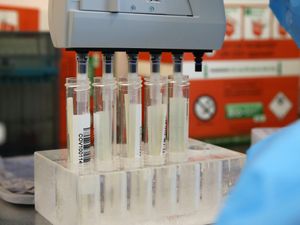
Cases have been found in the Frankley Green Park ward, Frankley, and parts of south Northfield.
The council said it will ramp up testing in a bid to "monitor and suppress" the new variant, which is believed to be more contagious.
It comes after the variant was found in nearby Walsall last week, leading to mass testing in parts of the borough.
Dr Justin Varney, director of public health in Birmingham, said this variant "presents a new risk" and urged adults in affected areas to "take up this offer of testing to help us contain the spread quickly".
Residents aged over 18, who have lived or worked in Frankley Great Park and south Northfield since January 1, 2021, are strongly encouraged to take a Covid test using designated sites in the area. That includes if they are not showing symptoms.
Dr Varney said: "People who are essential workers and have to leave home to work at the moment should access testing as soon as possible to minimise the risk of spreading the virus in their workplace, but they can continue to attend work if it is unavoidable," he said.
"The majority of us should be working from home and only leaving home for the essential reasons set out in the current guidelines.
"There is financial and practical support available for those who test positive and have to isolate and their contacts and it is vital we all play our part in controlling this new challenge."
Dr Susan Hopkins, chief medical advisor for NHS Test and Trace, added: "As part of our proactive sequencing work, we know that the new variant of Covid-19, first detected in South Africa, has been identified in a number of areas across England.
"A small proportion of these cases have no link to international travel suggesting that there are some cases in the community.
"In response to this, we are ramping up testing in targeted areas, so we can gather more information and effectively monitor any further community transmission."

